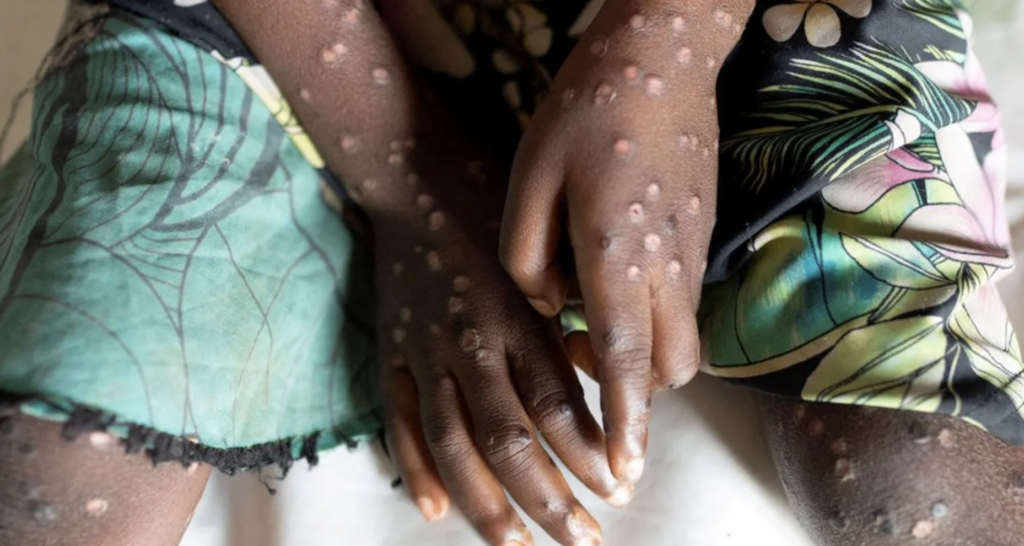WHO Declares Mpox Public Health Emergency: UWI Offers Support for Surveillance and Prevention

August 16, 2024
The Ministry of Health increases surveillance for mpox, a public health emergency per WHO. UWI commits to research efforts, emphasizing rapid diagnosis and collaboration with health organizations for global response.
The Ministry of Health has heightened surveillance measures for mpox, formerly known as monkeypox, after the World Health Organisation (WHO) designated it a public health emergency of international concern.
Dr Tedros Ghebreyesus, Director-General of the WHO, made the declaration on Wednesday, citing rising incidence of mpox and fatalities in some sub-Saharan African countries due to a new variant (Clade I).
The announcement came just a day before Sweden confirmed its first case of the highly infectious variant.
In response to the WHO’s declaration, the University of the West Indies (UWI) has pledged to dedicate its research expertise to address this challenge. The university said it would work with regional partners, leveraging cutting-edge virus sequencing technologies acquired during the COVID-19 pandemic.
“We currently have the capabilities in our laboratories to make rapid and accurate diagnosis of mpox and will work closely with regional Ministries of Health, the Caribbean Public Health Authority (CARPHA), and the Pan American Health Organisation (PAHO) to respond to any introduction of the virus in the region,” a UWI spokesperson said.
Chief Medical Officer Dr Kenneth George said the WHO’s designation signals the need for countries worldwide to enhance surveillance and implement preventative measures. He noted that the declaration also enables the WHO to access emergency funding for an improved global response.
“The designation by the WHO is a signal that countries across the globe should enhance surveillance and implement preventative measures to help persons protect themselves from the possibility of infection,” Dr George said.
Mpox is described as a highly infectious disease spread through close contact, including intimate or sexual contact with an infected person, and through contact with contaminated materials such as bedding or clothing. The illness typically begins with flu-like symptoms followed by a characteristic rash.
Whilst no acute infections have been reported in Barbados, the ministry has urged both public and private sector physicians to remain vigilant, conduct tests according to protocol, and report suspected cases. Environmental and nursing staff at the island’s ports of entry have been instructed to increase their vigilance.
Health authorities emphasised that those most vulnerable to severe illness include children, pregnant women, and individuals with weakened immune systems. They advise anyone with a travel history who develops an unusual rash to seek immediate medical attention.
Although there is no specific treatment for mpox, the spread can be contained through the isolation of infected individuals for 21 days and supportive medical care. Mild and moderate cases can be managed at home under isolation. (BT/BGIS)


